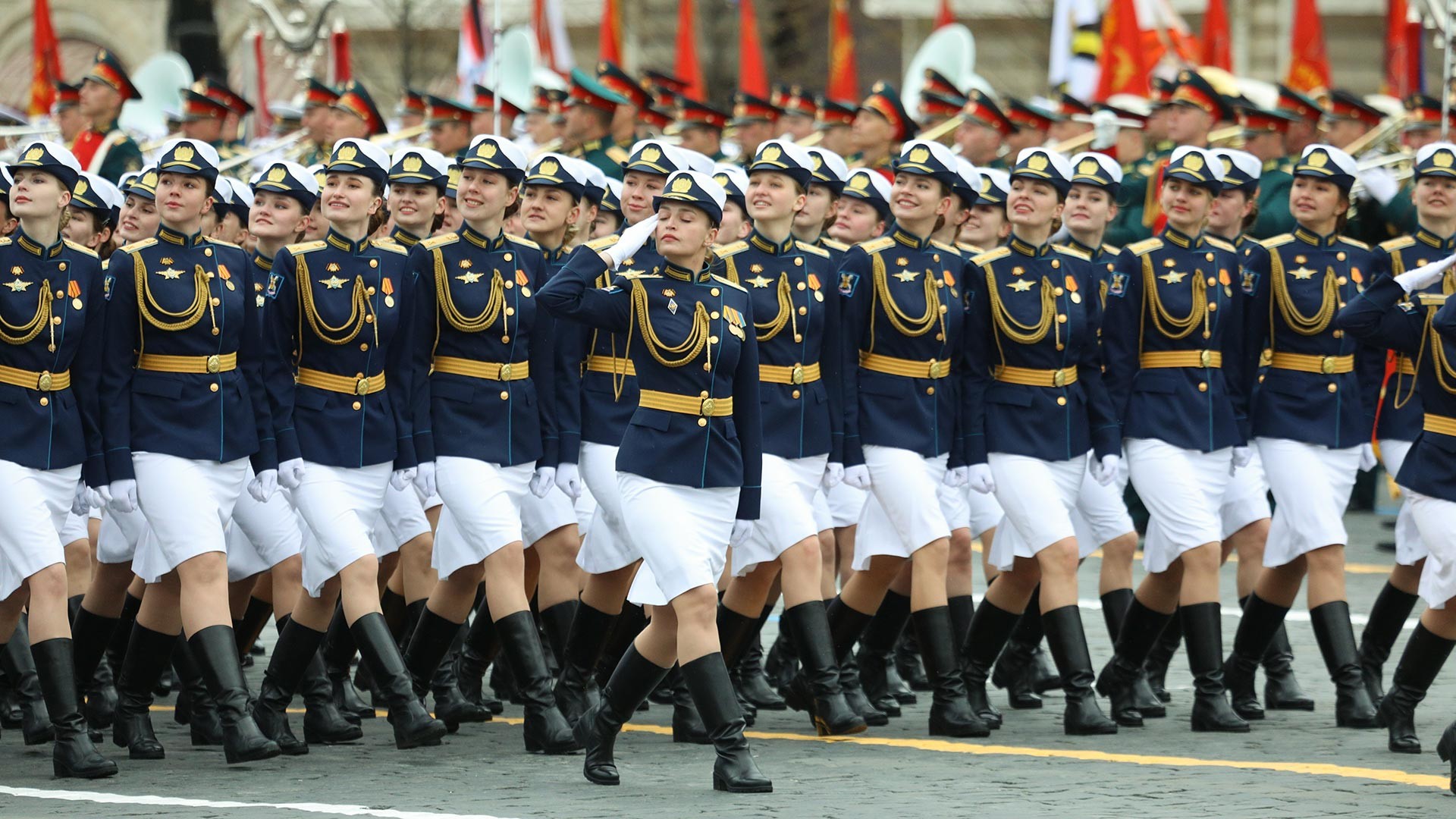
The main parade in Russia, as well as parades in Kazakhstan and Kyrgyzstan were cancelled as a result of the COVID-19 pandemic. In 2020, many of the traditional parades were cancelled, with the only ones being held in Belarus and Turkmenistan. In addition, Poland and Yugoslavia (which was outside the Iron Curtain) also held occasional parades, with the former staging a massive parade in 1985 to mark the ruby jubilee anniversary and the latter following the practice of Czechoslovakia of parades every 5th anniversary beginning with the 20th anniversary in 1965. Of all the countries that observed it, only Czechoslovakia held celebration parades every 5 years, also in honor of the successful Prague Uprising that ended on that day in 1945. Until 1989 celebrations of Victory Day were held in most Warsaw Pact countries (save for East Germany, whose celebrations fell on 8 May except in 1975, when it was marked on 9 May). On May 9, 1965, the second Victory Day parade took place in Moscow, this Victory Day celebration also saw veterans obtain the first jubilee medal for " Twenty Years of Victory" in honor of the 20th anniversary since the Allied victory in Europe against Nazi Germany. However, on April 26, 1965, nearly twenty years after the first parade, under Leonid Brezhnev, the Presidium of the Supreme Soviet reversed the actions made in 1947, thus making May 9 a non-working holiday, this would be the first time Victory Day was made as an actual holiday. In December 1947, the Presidium of the Supreme Soviet under Josef Stalin, decreed that May 9th (Victory Day) would become a working day, effectively making the celebrations cancelled and ceased completely. The annual or semiannual parades mark the Allied victory in World War II on the Eastern Front, on the same day as the signing of the German act of capitulation to the victorious Allies in Berlin, at midnight of ( Soviet time), officially concluding the Second World War in Europe and northern parts of Africa.ĭuring the entire history of the Soviet Union, only a total of four parades ever took place in Moscow and throughout the entire Soviet Union. Victory Parades as a holiday tradition Īs Victory Day is the principal military holiday of Russia and of almost all member countries of the Commonwealth of Independent States, the celebrations in Moscow and other capital cities thus serve as national events to mark such an important holiday for millions of people, marking the anniversary of the capitulation of Nazi Germany in 1945. 4 Expanded summary of the parades within current and former countries.3.3.1 Pridnestrovian Moldavian Republic.3.3 Parades held in unrecognized states.3.2.2 Republic of South Ossetia – the State of Alania.


2.2 Russian parades held outside Moscow.1 Victory Parades as a holiday tradition.


 0 kommentar(er)
0 kommentar(er)
